Authentic garlic mojo sauce is a vibrant Canarian condiment made from garlic, peppers, olive oil, and vinegar. This simple yet flavorful sauce requires just 6 ingredients and 15 minutes to prepare. Here's the essential recipe you've been searching for: Combine 6 raw garlic cloves, 1/4 cup pimientos picón peppers, 1 cup extra virgin olive oil, 2 tbsp vinegar, 1 slice stale bread, and salt. Blend until smooth for traditional red mojo that elevates potatoes, fish, and grilled meats.
Table of Contents
- What Is Garlic Mojo Sauce?
- The Authentic 6-Ingredient Recipe
- Essential Ingredients Explained
- Why It Works So Well with Everything
- 11 Practical Tips for Perfect Mojo
- Serving Suggestions & Creative Uses
- Common Mistakes to Avoid
- Understanding the Flavor Science (Optional)
- Frequently Asked Questions
What Is Garlic Mojo Sauce?
Garlic mojo sauce is the vibrant red or green condiment originating from Spain's Canary Islands. This staple sauce transforms simple dishes like papas arrugadas (wrinkled potatoes) with its perfect balance of garlic, heat, and acidity. Unlike complicated recipes you might find online, authentic mojo requires only basic ingredients you likely already have in your kitchen.
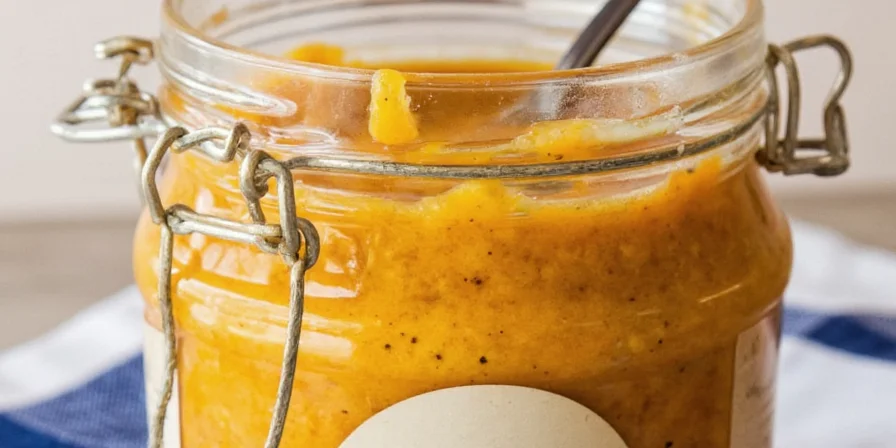
Mojo vs. Salsa: What's the Difference?
| Mojos | Salsas |
|---|---|
| Bulkier base of oils and nuts | Chunky or blended vegetable base |
| More herb-forward flavors | Tomato-based or citrus-forward |
| Olive oil or bread for texture | Fresh ingredients like tomatoes or avocados |
The Authentic 6-Ingredient Recipe
Follow this simple method used in Canarian homes for generations. No special equipment needed - just a blender or mortar and pestle:
- Peel 6 garlic cloves and crush with 1/2 tsp salt into a paste
- Add 3 pimientos picón peppers (or 1/4 cup crushed red pepper)
- Blend with 1 cup extra virgin olive oil in slow stream
- Mix in 2 tbsp vinegar (sherry or red wine)
- Add 1 slice stale bread (crust removed)
- Season with salt to taste and blend until smooth
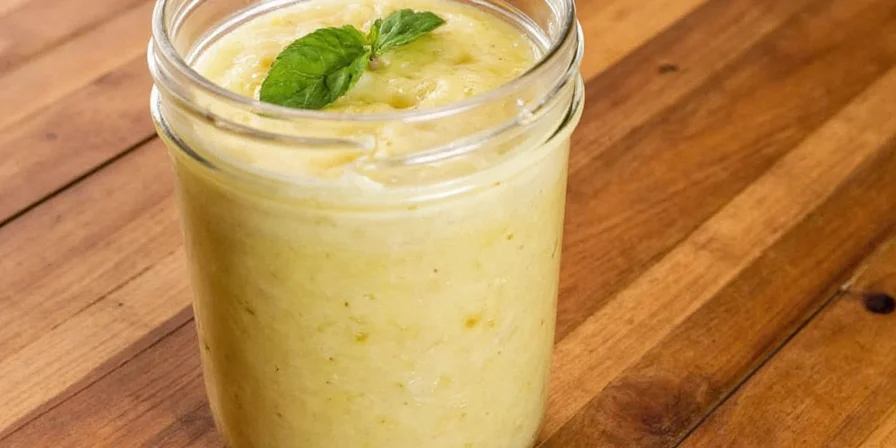
Essential Ingredients Explained
You don't need specialty ingredients to make great mojo. Here's what matters:
- Garlic: 6 raw cloves provide authentic bite. No pre-minced garlic.
- Peppers: Pimientos picón (Canary Island peppers) are traditional, but crushed red pepper works.
- Olive Oil: Good quality extra virgin is essential for texture and flavor.
- Vinegar: Sherry vinegar gives authentic flavor, but red wine vinegar works too.
- Bread: One slice of day-old bread creates perfect thickness.
- Salt: Sea salt enhances all flavors without overpowering.
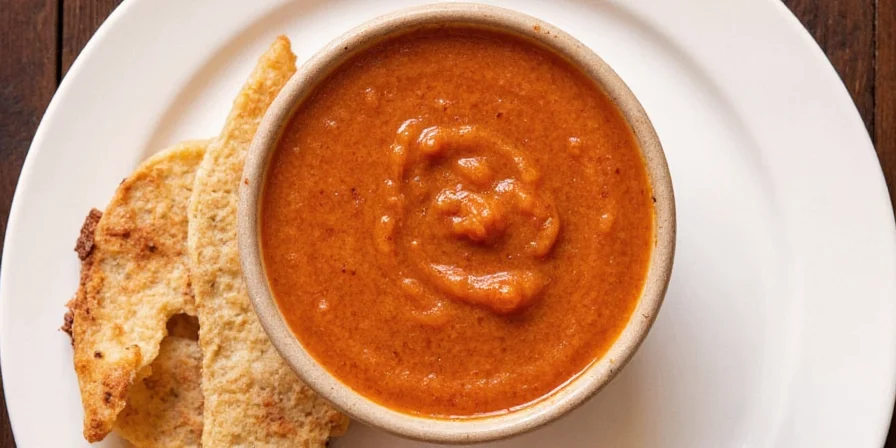
Why It Works So Well with Everything
Mojo's magic comes from its perfect balance of garlic, heat, and acidity that enhances rather than overwhelms. The olive oil base carries flavors deeply into foods while the vinegar brightens without making dishes sour. This versatile sauce works because it complements rather than competes with your main ingredients.
- Perfect with boiled or roasted potatoes (traditional Canarian pairing)
- Excellent drizzled over grilled chicken or fish
- Transforms roasted vegetables with minimal effort
- Makes a fantastic sandwich spread or dip
- Enhances grain bowls and salads
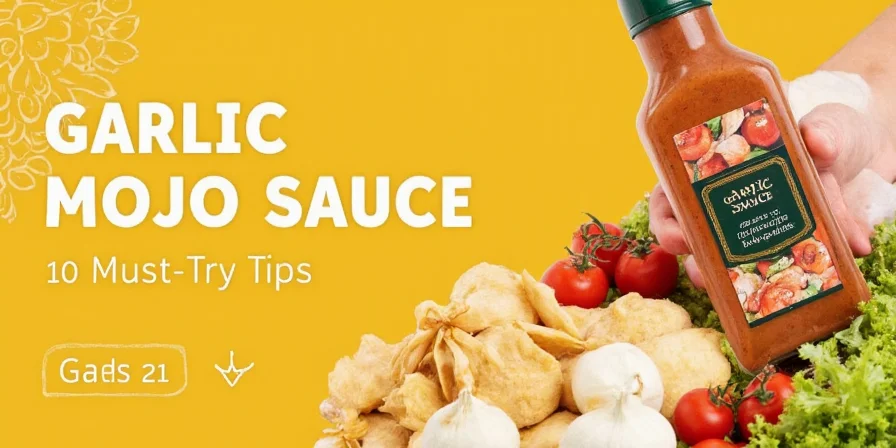
11 Practical Tips for Perfect Mojo
- Crush garlic with salt first to release flavors without bitterness
- Use day-old bread for ideal texture (fresh bread makes sauce watery)
- Add olive oil slowly while blending for proper emulsion
- Let sauce rest 30 minutes before serving for flavors to develop
- Adjust heat level by removing pepper seeds for milder sauce
- Store in airtight container in refrigerator for up to 1 week
- Revive separated sauce by adding a splash of cold water while blending
- Double the recipe - it freezes well for up to 3 months
- For green mojo, substitute cilantro for red peppers
- Make it ahead - flavors improve after 24 hours
- Always taste and adjust salt just before serving
Serving Suggestions & Creative Uses
While traditional with potatoes, garlic mojo sauce elevates many dishes:
- Drizzle over grilled fish or chicken for instant flavor upgrade
- Use as sandwich spread instead of mayonnaise
- Thin with broth for a flavorful salad dressing
- Stir into mayonnaise for garlic mojo aioli
- Marinate tofu or tempeh for vegan option
- Drizzle over roasted vegetables before serving
- Use as dipping sauce for crusty bread
Common Mistakes to Avoid
Steer clear of these pitfalls that ruin authentic flavor:
- Using roasted garlic (destroys the characteristic sharpness)
- Adding vinegar before oil (causes separation)
- Using pre-minced garlic (lacks fresh flavor compounds)
- Substituting lemon juice for vinegar (alters flavor balance)
- Over-processing in blender (heats ingredients and dulls flavor)
- Using fresh bread (makes sauce too watery)
- Adding salt too late (reduces flavor development)
Understanding the Flavor Science (Optional)
For those interested in why traditional methods work best:
- Raw garlic releases allicin - the compound responsible for both pungency and distinctive flavor
- Stale bread contains active enzymes that break down starches into sugars, balancing heat
- Olive oil's lipid content carries flavor compounds deeper into foods
- Proper emulsion creates tiny flavor pockets that burst during eating
- Resting time allows chemical reactions that develop complex flavors
While understanding the science is interesting, you don't need to know these details to make perfect mojo - just follow the simple recipe above.
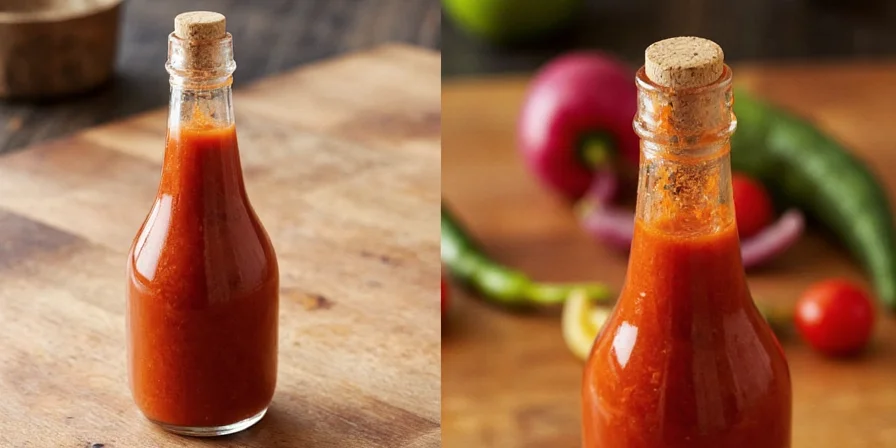
Frequently Asked Questions
How long does garlic mojo sauce last?
Properly stored in an airtight container in the refrigerator, garlic mojo sauce lasts 5-7 days. For longer storage, freeze in ice cube trays then transfer to freezer bags for up to 3 months.
Can I make garlic mojo without a blender?
Yes! Traditional Canarian preparation uses a mortar and pestle. Start by crushing garlic and salt, then gradually add other ingredients while pounding to emulsify. This method actually creates superior texture.
What can I use instead of pimientos picón?
If you can't find authentic pimientos picón, use 1/4 cup crushed red pepper flakes or 2-3 dried guajillo peppers. For milder sauce, remove seeds from fresh red peppers.
Why did my sauce separate?
Separation happens when oil isn't added slowly enough. To fix, blend 1 tsp cold water into the separated sauce at low speed for 15 seconds. For prevention, add oil in a very thin stream while blender is running.
Can I make this sauce vegan?
Yes, authentic garlic mojo sauce is naturally vegan. Just ensure your bread doesn't contain dairy or eggs (most traditional Spanish breads don't).

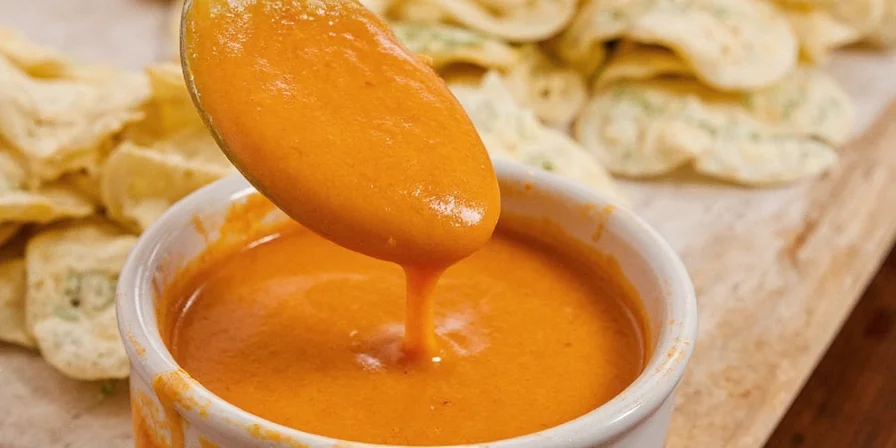









 浙公网安备
33010002000092号
浙公网安备
33010002000092号 浙B2-20120091-4
浙B2-20120091-4